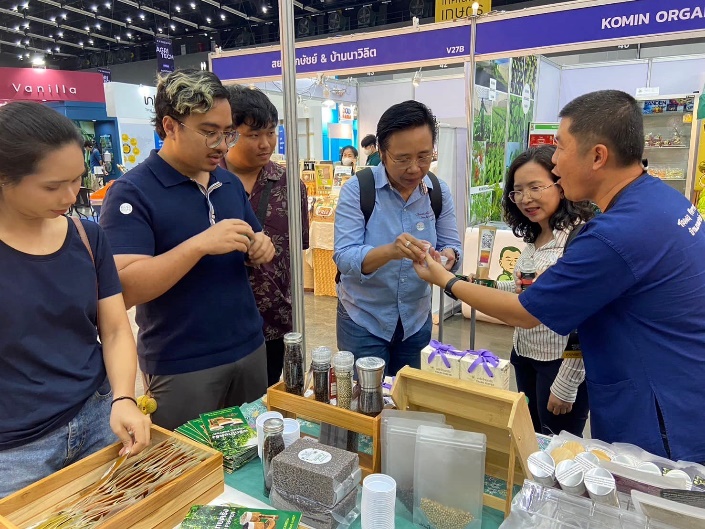Reporters: Asst.Prof.Dr. Prapot Maliwan
Assoc.Prof.Dr. Pornsil Seephueak
Asst.Prof.Dr. Nion Chirapongsathonkul
Asst.Prof.Dr. Worawitoo Meesook
Evidence Date: during 2023 Jan-Dec
Related SDGs:
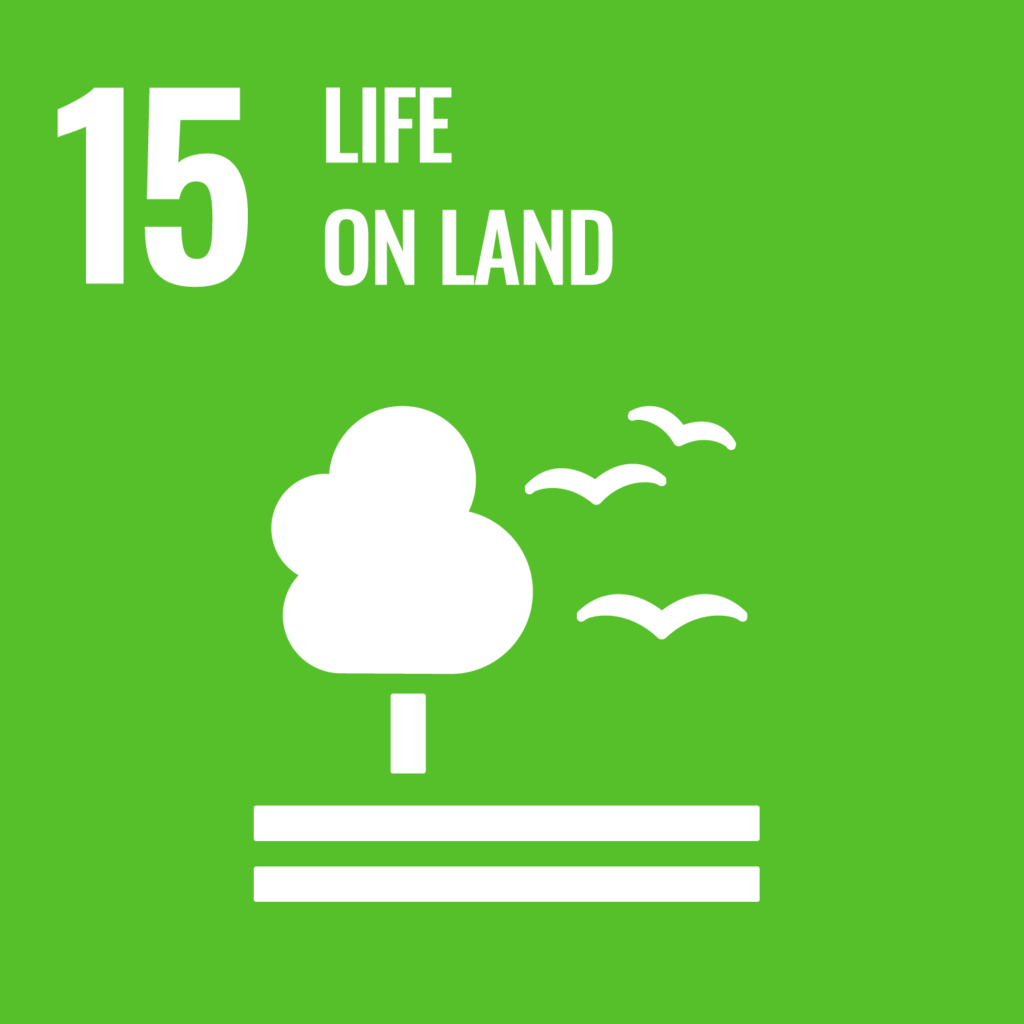
Related Indicators: 15.3.4
Details:
Rajamangala University of Technology Srivijaya has developed an innovative approach to using Napier grass, an alien invasive species, by turning it into a sustainable cattle feed option through fermentation. This initiative was motivated by the seasonal shortages in livestock feed, which often affect farmers during drier months. Napier grass, known for its rapid growth and invasiveness, is typically a challenge to manage ecologically. However, by harvesting and fermenting it, the university has found a way to convert this issue into an opportunity. Fermentation preserves the grass for extended periods, providing a stable, nutritious feed source even when other feed options are limited. The fermentation process also enhances the grass’s nutritional value, making it more beneficial for cattle health and growth. Increased microbial activity during fermentation helps to break down fibers in the grass, improving its digestibility. This makes fermented Napier grass not only a readily available feed option but also a high-quality one. The university’s approach showcases a creative solution that addresses both environmental concerns and agricultural needs.
Beyond developing this innovative feed source, the university also educates farmers on the benefits and methods of using fermented Napier grass. Outreach programs provide hands-on training on how to harvest, store, and ferment Napier grass effectively, ensuring farmers maximize its nutritional potential. Farmers learn about the role of fermentation in improving feed quality and extending shelf life, which reduces waste and saves costs. By adopting these practices, farmers can ensure a steady feed supply for their cattle even during feed-scarce seasons. The university’s initiative highlights how invasive species can be managed productively, turning a problem into a resource. This sustainable solution also aligns with broader goals of reducing ecological impacts from invasive species. Farmers have expressed positive feedback, noting improvements in cattle health and ease of feed storage. Through this program, Rajamangala University reinforces its commitment to sustainable agriculture and ecological balance. This innovative approach serves as a model for other regions facing similar challenges with invasive species.
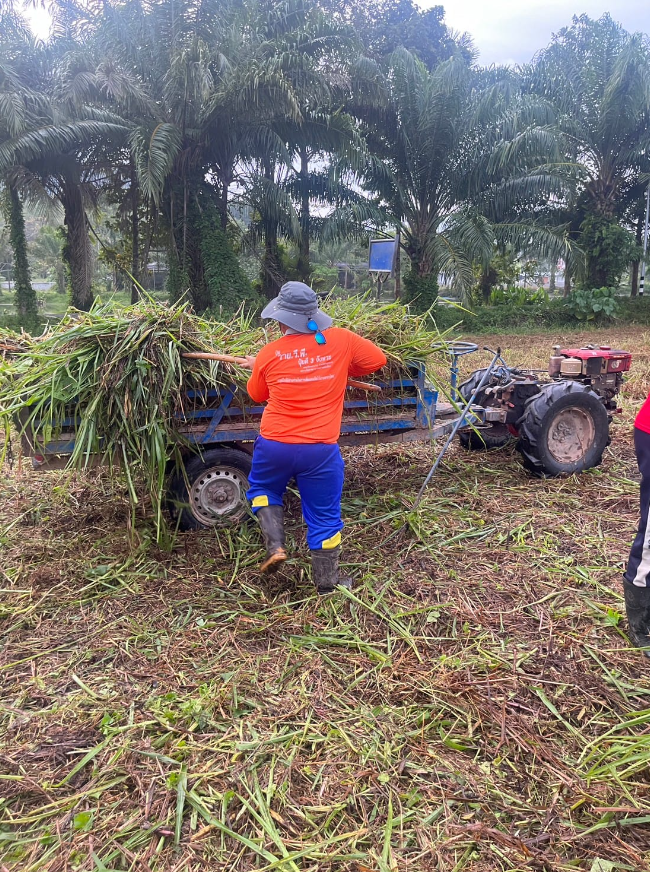
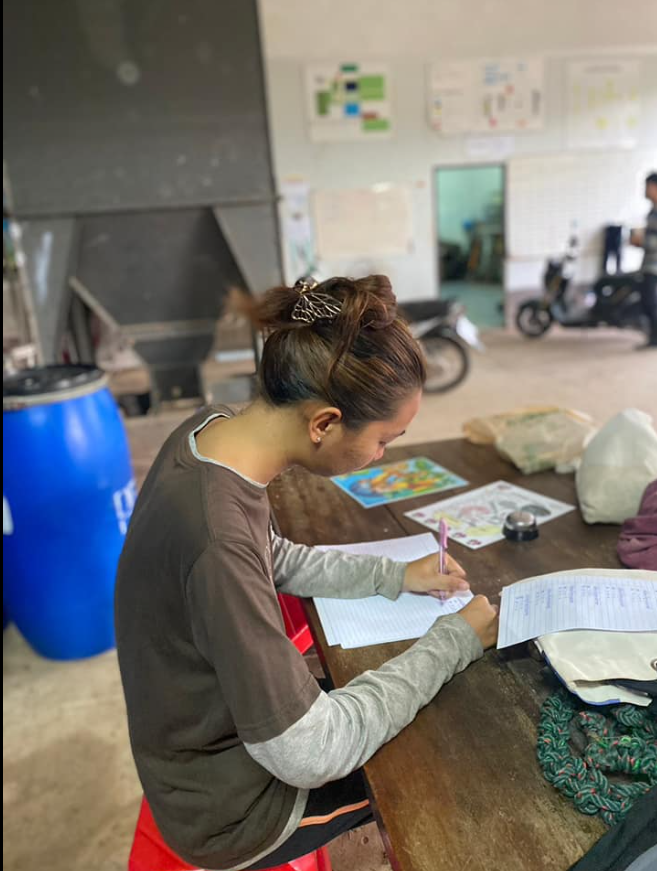
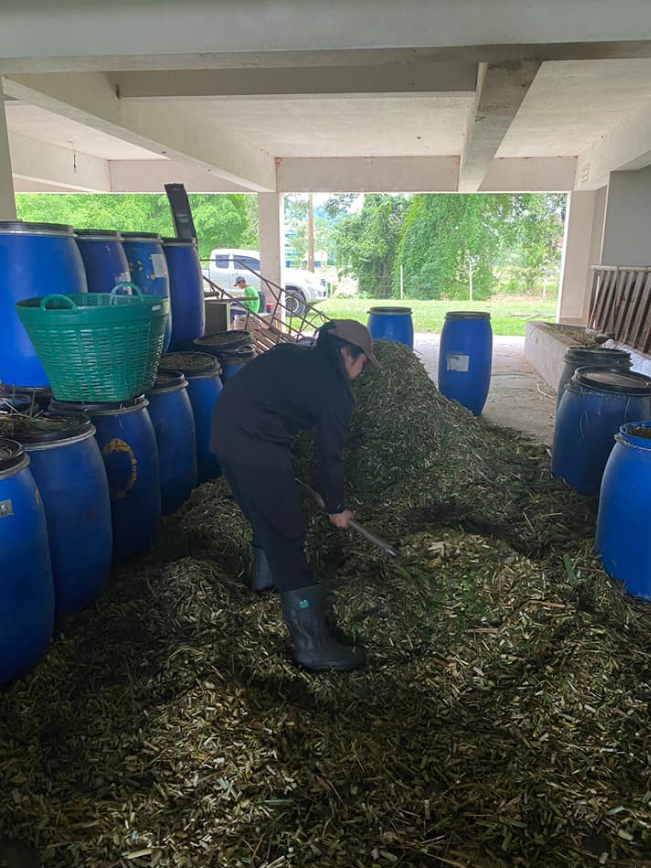
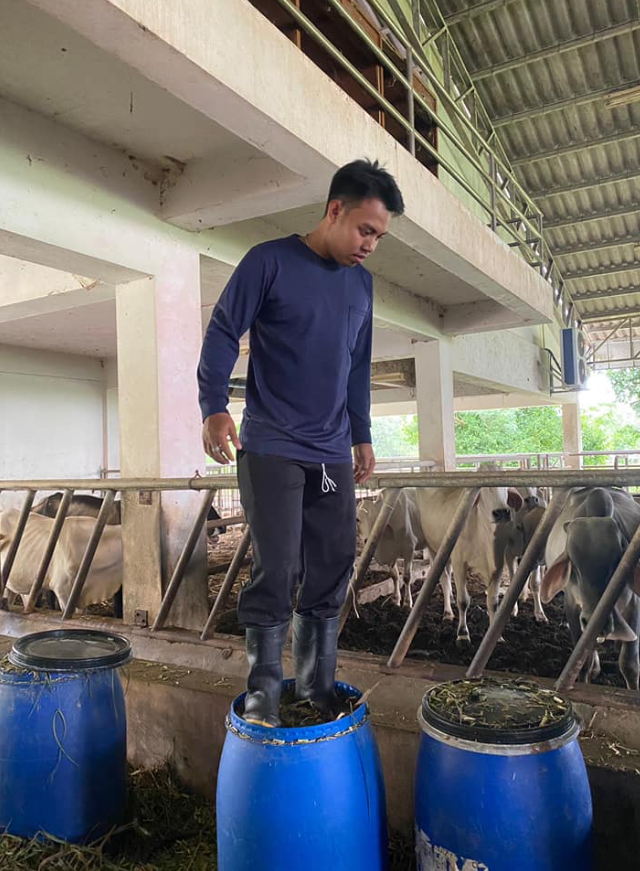
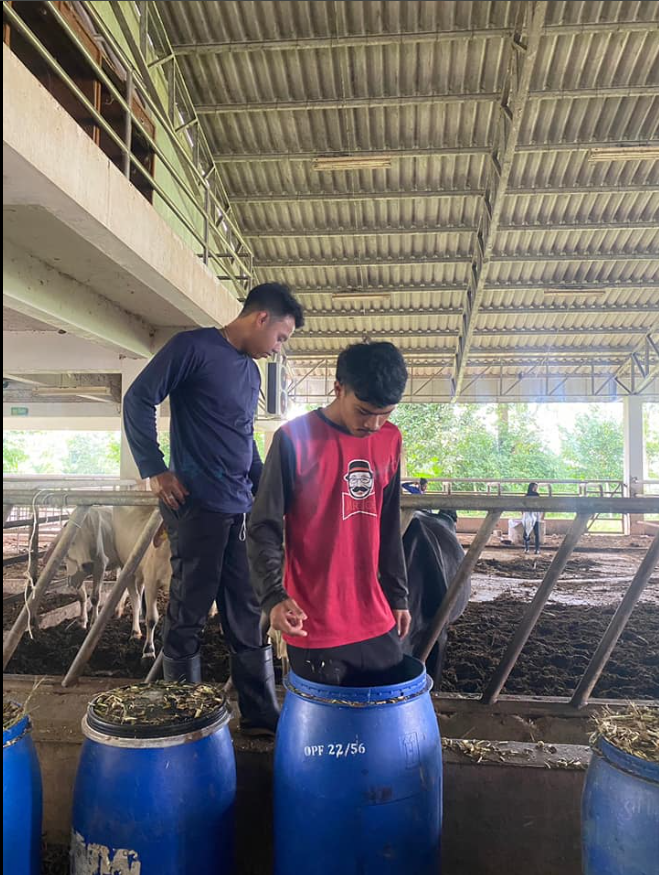
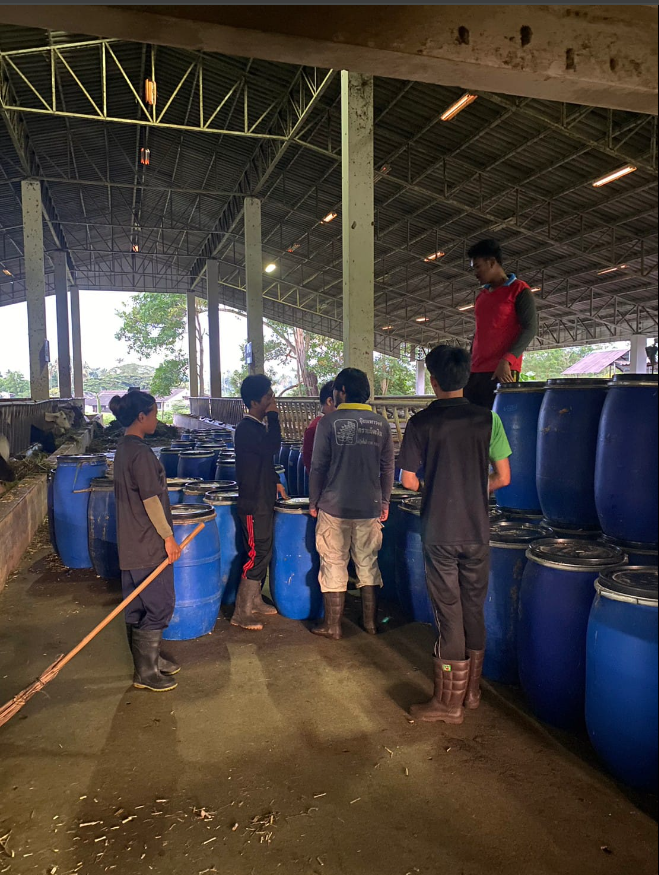
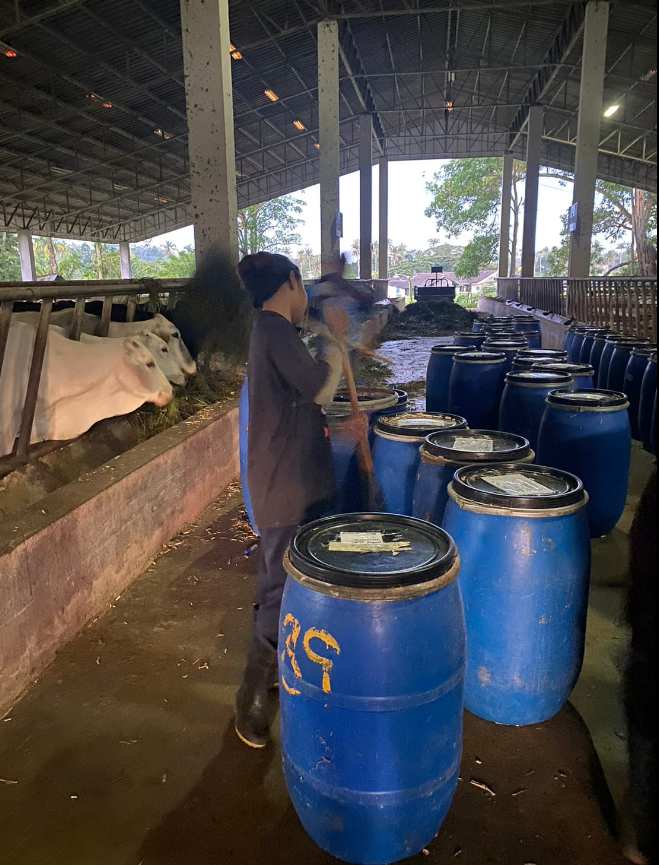
Related Links:



